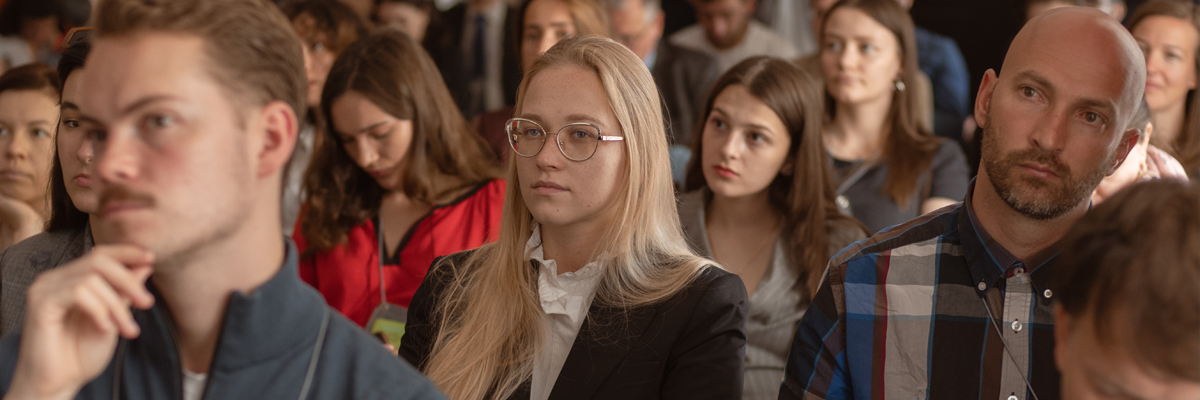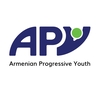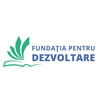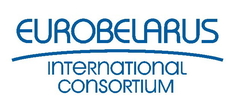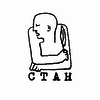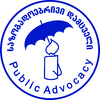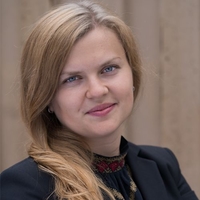Project Goals
Cultural Diplomacy is not only considered as a soft power that can help the countries to build communication and establish partnerships, visibility and release touristic potential. From a long-term perspective, cultural diplomacy strategy can help countries tackle fake news and disinformation in different propagandistic sources.
What is meant by cultural diplomacy?
How can diplomacy counter disinformation?
How should countries help the voice of the truth to sound louder with the help of cultural heritage and diplomacy?
Can culture be the speaking trumpet of the propaganda? How to avoid it?
To discuss these questions and to share the best practices we invited to Berlin over the 60 participants from Eastern Partnership countries.
The program included lectures, workshops, and panel discussions.
Participants had a chance to develop and pitch their own cultural projects in order to use culture as a soft power to promote and increase democracy, liberal values and international collaboration.
Target Group
Professionals in the field of cultural diplomacy from countries of Eastern Partnership
Activities
- September 2
Launch event / Pre-event
18:00 – 18:10 – Greeting from CRISP e.V.
Kateryna Pavlova, Project Coordinator and Andreas Muckenfuß, Director
18:10 – 18:20 – Greeting from European Academy Berlin
Dr. Weronika Priesmeyer-Tkocz, Acting Deputy Director
18:20 – 18:30 – Greeting from Federal Foreign Office of Germany, Department 601
18:30 – 19:00 – Key note speech “How we decolonize cinematography”
Olesia Nogina, Creative Producer Ffilms Studio (Ukraine)
19:00 - 20:00 - Exchange and drink
Address: GLS Sprachenschule, Kastanienallee 82, 10435 Berlin
- September 3
10:00 - 10:30 – Opening
Kateryna Pavlova, CRISP e.V.
Julia Luther, Federal Foreign Office of Germany, Department 601
Markus Priesterath, Federal Ministry of the Interiors of Germany, Division HIII5, Volunteering and Civil Society
Headliner: Valeria Shashenok, photographer, author of "Things that just make sense in a bomb shelter"
10:30-11:30 – Keynote speech “How disinformation influences the image of countries and individuals as well as actors of CuDi? Interrelation of cultural diplomacy and disinformation”
Alim Aliev, Ukrainian Institute
11:45-13:15 – Podium discussion “Tracks of diplomacy and arts of cultural interaction: cultural diplomacy vs cultural relations vs cultural activism”
Speakers:
Rusanda Alexandru Curca, Chair of Coalition of the Independent Cultural Sector of the Republic of Moldova
Emin Milli, Co-founder and chairman of Restart Initiative, Azerbaijan
Yaroslav Minkin, Chair of Youth NGO STAN, Ukraine
Maia Nukri Tabidze, anthropologist and activist, Georgia
Moderation: Florian Dunkel, Director of CRISP e.V.
14:45-16:15 – Interactive workshop “How to bring your heritage back in the public understanding”
Trainer: Mari Gabunia, Education Researcher
16:30-18:00 – Podium discussion “Shaping the country image together. How to not be this annoying person always correcting the information about your country”
Speakers:
Iryna Minkovska, Chair of the Educational Center for teachers, parents and children "Me and my School", co-author of the reform conception "New Ukrainian school"
David (Data) Chigholashvili, Curator, researcher. Works at the intersection of anthropology and contemporary art
Moderation: Kateryna Pavlova, CRISP e.V.
20:00 – open end: Evening program, informal communication
- September 4
08:00 - Free choice: early excursion in Berlin “Ukrainians in Berlin in 1920-ies and today”,
Oleksandra Bienert, Historian, Member of Board of CineMova e.V.
10:15 - 10:45 - Recap of day 1, Presenting the award program and criteria for selection
11:00 - 12:00 - Initiatives of EaP countries in Germany and dealing with disinformation
Speaker:
Katja Rumiantseva, RAZAM
Nataliya Pryhornytska, IWEK e.V. / Allianz Ukrinischer Organisationen
Moderation: Anastasiia Halyko, CRISP e.V.
13:00 - 16:30 - Free choice of sessions
Simulation game “CuDi”
Trainers:
Anastasiia Halyko, CRISP e.V.
Lena Hines, CRISP e.V.
Theory of Change
Trainers:
Anastasiia Klonova - Growth & Strategic Partnerships Manager Beetroot Academy
Felix Schartner Giertta - Process lead Norden Association
17:00 - 18:30 - Developing common ideas and preparing the pitches
- September 5
10:00 – 10:15 – Recap of Day 2
10:15 – 10:30 – Key note speech Hannah Brennhäußer, Goethe Institute
10:30 - 11:00 - Presenting the project pitches
11:30 - 12:30 - Award and closing ceremony
Achievements
OC1. Raise awareness and support research on the importance of cultural diplomacy in countering disinformation
OC2. Foster international exchange of countering disinformation strategies in EaP countries
OC3. Encourage state and civil society cooperation and forming sustainable synergies in the efforts to combat disinformation
Output
16 cultural diplomacy initiatives with cross-border approaches were developed at the conference, 3 of them received awards.
1. The Class Room Misinformation Exhibition
It is an international community project exploring how social media and the web have changed the way we read information and react to it. The exhibition examines the relationship between personal data, targeting our opinions, views, and behaviors, as well as the business models behind them. Launched in 2020 by TacticalTech, the exhibition has already traveled across 54 countries and is brought to Tbilisi for the first time.
2. Fighting the bubble of CuDi projects and actors
CuDi projects, organizations, and actors often live in a bubble of themselves. To simplify, we may say we live in the comfort zone of "comfortable participants" who already share similar ideas and views. The project is a set of workshops and self-reflection sessions designed to understand what are the ways to target those groups who are not our "comfort bubble". How do you reach out, and what are the methods to understand the mindset of people not from your bubble? The project aims to find ways, test them on fields, and later systemize those methods.
3. (Not) just a place
The project is aimed to fight disinformation using facts, history, and personal stories. There is a narrative from Russian media that the Russian army doesn't target civil infrastructure, just military objects. "(Not) just a place" is an art exhibition about destroyed buildings to show how they were before and after the full-scale war in Ukraine. The project aims to tell the history of destroyed buildings and stories of people who studied and lived there - since the Russian army targeted schools, universities, museums, and residential buildings.
